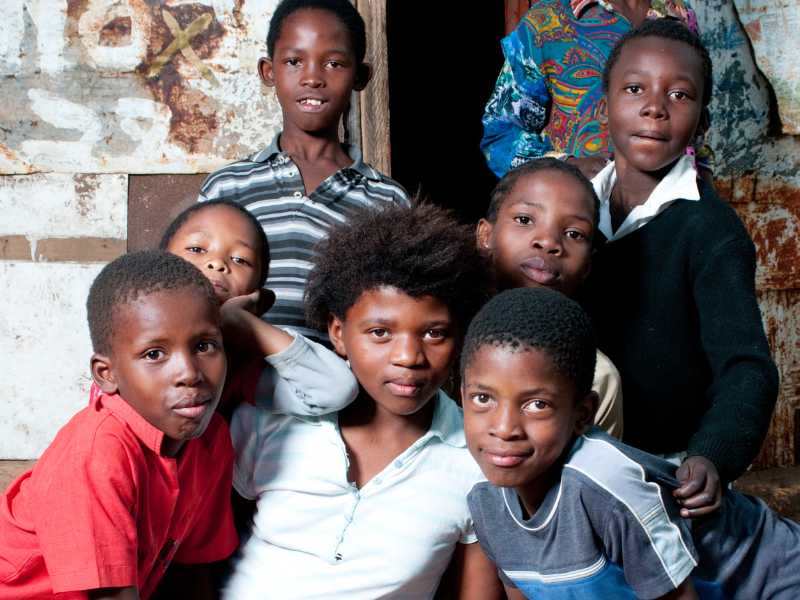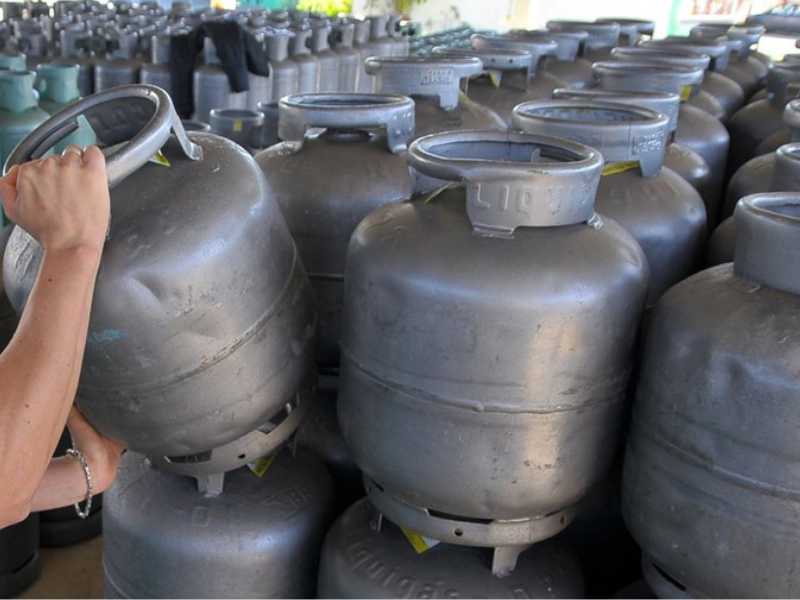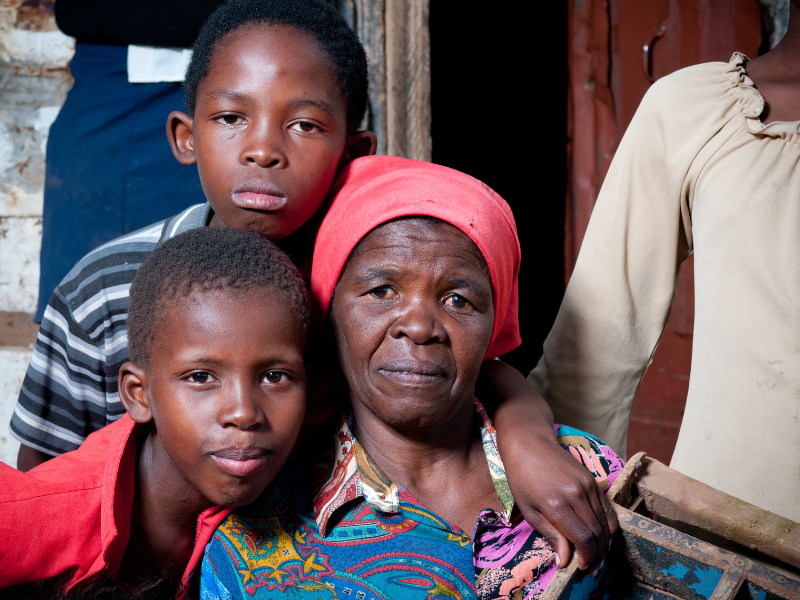Advertisements
The Desenrola Brasil program, a federal government initiative aimed at renegotiating individuals’ debts, has reached an impressive milestone by negotiating a total of R$$32.5 billion in debt.
This feat occurred at the end of the first stage of the program, on January 31, 2024. The second stage of the program, which focuses on direct negotiations with banks and other creditors, recorded a financial volume of R$$24.2 billion since its inception on July 17, 2023. These figures demonstrate the significant impact of the program on the financial lives of Brazilians.
See more: Bolsa do Povo: who is entitled to this benefit?
Advertisements
Desenrola Brasil will last longer
To the delight of those who are still negotiating their debts, the government announced the extension of the first phase of Desenrola Brasil until March 31, 2024. Thus, this extension offers more time for citizens to negotiate their debts and find viable financial solutions.
It is worth noting that an important change in access to the program has also occurred: now, users with a bronze account on the gov.br platform can participate in the renegotiations. This is a relaxation of the rules that previously required gold or silver accounts.
Advertisements
What is the impact of the program?
Desenrola Brasil has already benefited more than 11 million people, according to the Ministry of Finance. The Brazilian Federation of Banks (Febraban) reports that between July 17 and December 1, 3.33 million debt contracts were negotiated. Thus, 2.7 million bank customers participated in the second phase of the program alone.
The second phase of the program focused on bank and non-bank debts of up to R$5,000 for people with an income of up to two minimum wages or registered with CadÚnico. The platform allows renegotiation with banks where the person does not have an account, offering flexibility and access to better rates.
In other words, the Desenrola Brasil initiative represents an important step towards helping Brazilians overcome their financial difficulties.
Image: Marcello Casal Jr/ Agência Brasil
























